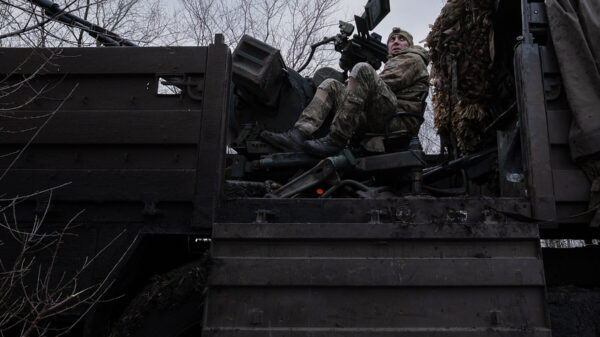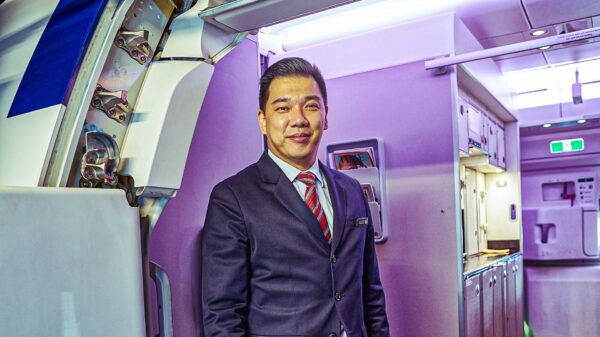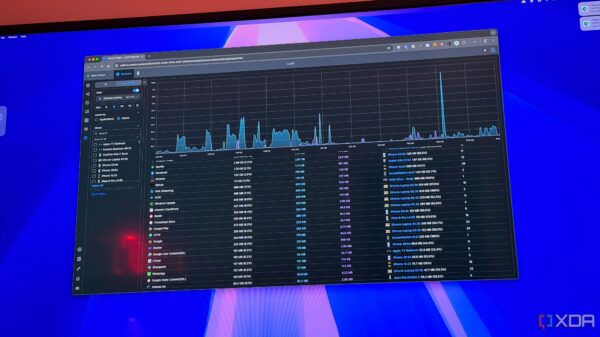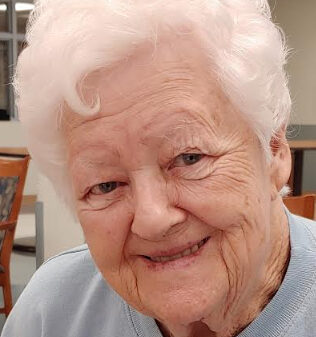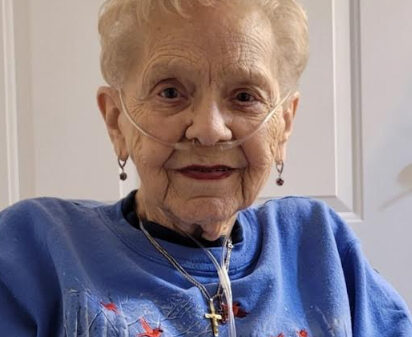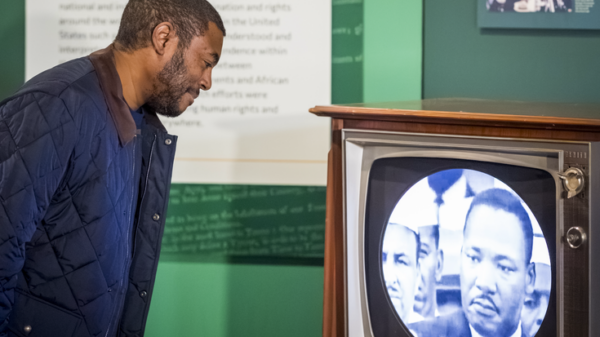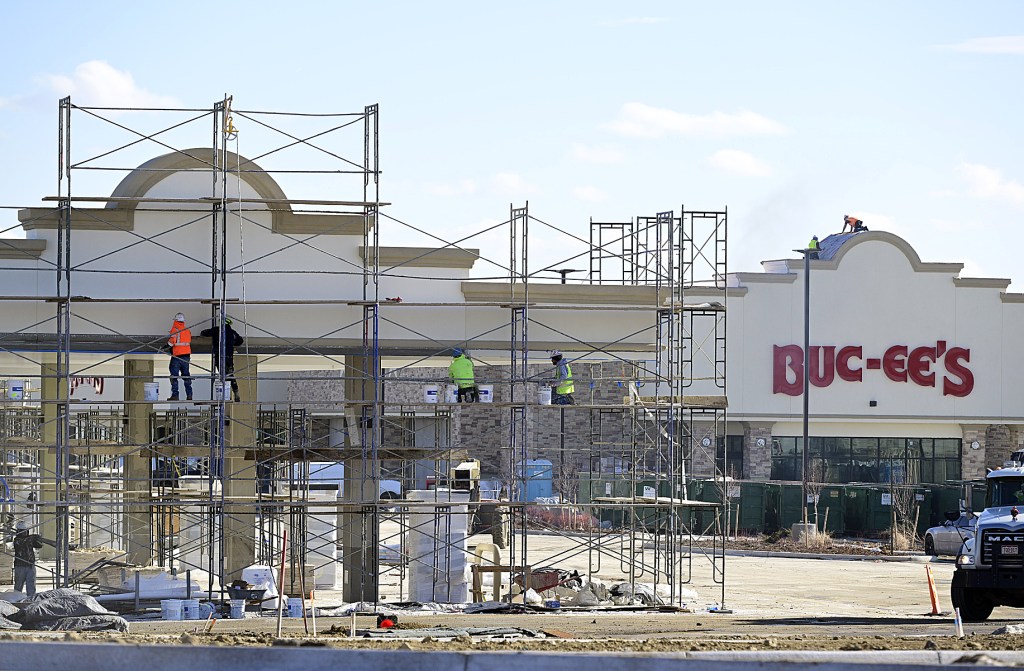A proposal for a Buc-ee’s travel center in Palmer Lake, Colorado, has sparked significant local opposition, leading to a recall election scheduled for September 9, 2023. The initiative to annex land at the corner of Interstate 25 and County Line Road has escalated into a contentious debate over land use, transparency, and the future of the town. Concerns have been raised by residents, community organizations, and even a U.S. senator about potential impacts on conservation efforts, traffic, and water supply.
The Palmer Lake Board of Trustees voted 6-1 in May to approve the proposal’s eligibility for annexation, which would pave the way for Colorado’s second Buc-ee’s. Following this decision, former mayor Bob L. resigned amid the growing controversy. Trustee Shana Ball, who supported the annexation, stated her vote was based on adherence to state statutes rather than an endorsement of Buc-ee’s itself. She expressed surprise at being targeted for recall, emphasizing that misinformation has fueled the effort against her and fellow trustee Kevin Dreher.
The recall election comes as local citizens demand accountability and greater public involvement in future annexation proposals. A measure on the upcoming ballot would mandate that such proposals be subjected to public votes. Ball noted the board’s extensive research, which included consultations with other towns that host Buc-ee’s, all of which reported positive experiences with the chain’s operations.
In late July, the town reached an agreement with Buc-ee’s regarding fiscal responsibilities if the travel center is constructed. The proposal envisions a nearly 25-acre site featuring a 74,000-square-foot retail convenience store, 120 fuel pumps, and 12 electric vehicle charging stations. According to a fiscal impact analysis by Economic & Planning Systems Inc., the travel center could generate approximately $955,087 in sales tax revenues by 2027. However, it would also necessitate expanded services in police, fire, and public works, raising questions about the town’s current infrastructure capacity.
Palmer Lake’s water supply has become a focal point of concern. The town currently produces 593,200 gallons of water per day, with peak usage reaching 424,900 gallons. Buc-ee’s is projected to consume up to 113,600 gallons daily during peak demand, which would leave sufficient water for existing users. The agreement stipulates that Buc-ee’s will bear the costs of improving water and other related infrastructure.
Local resident David Parks has voiced strong opposition to the proposal, labeling it as divisive within the community. He believes it is still possible for local leaders to reconsider the project, urging them to recognize the concerns of constituents. “It’s never too late to say, ‘stop,’” he remarked.
U.S. Senator Michael Bennet has also expressed his disapproval, describing the annexation as detrimental to protected land that families have fought to preserve. He emphasizes the potential adverse effects on local ecosystems, water resources, and overall community well-being. Bennet has been actively engaging with constituents in the Tri-Lakes area regarding their apprehensions about the project.
The proposal has drawn attention from prominent landowner John Malone, who owns significant parcels of land in the vicinity. Malone’s family foundation has raised concerns about the potential environmental impact of the development on conservation easements that protect the landscape from development. The foundation has invested over $90 million in efforts to preserve the valley and is committed to safeguarding it for future generations.
In light of these developments, the upcoming recall election and the broader implications of the Buc-ee’s proposal continue to dominate discussions among Palmer Lake residents. As the vote approaches, community stakeholders remain divided, reflecting a microcosm of larger debates about growth, development, and community values in the face of changing economic landscapes.






